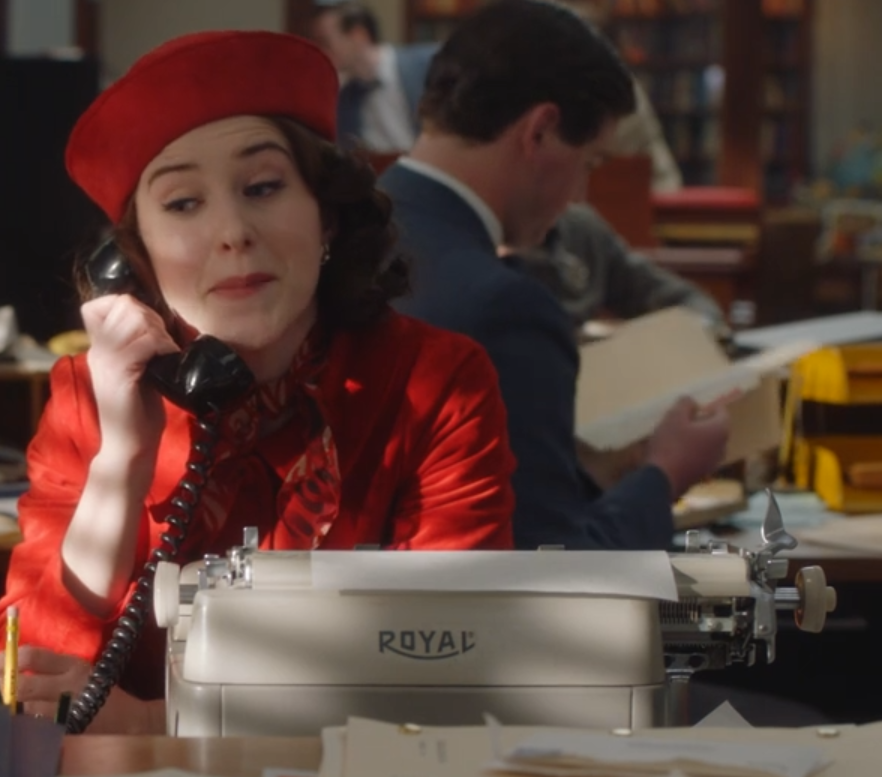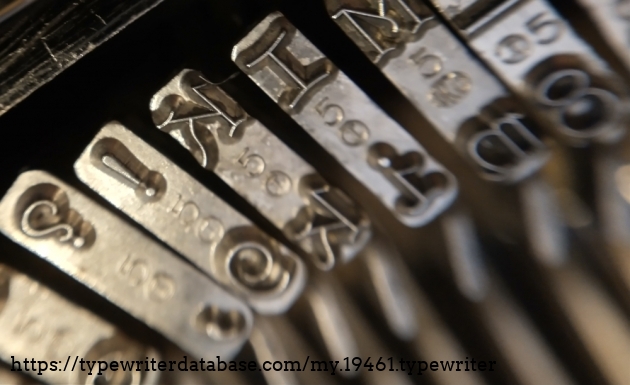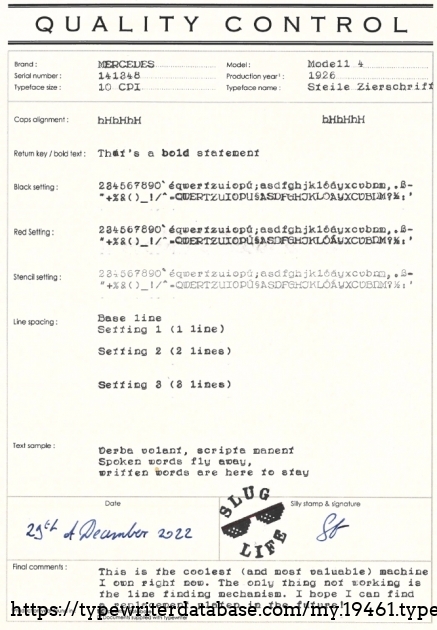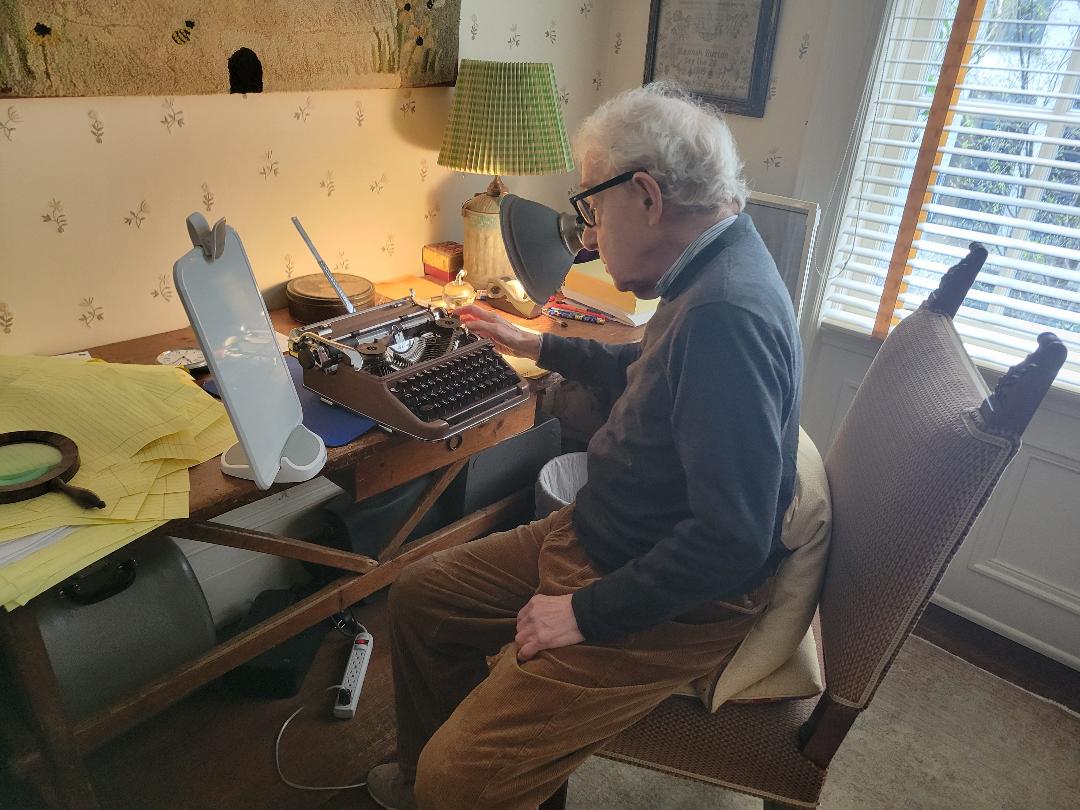reply to u/warriorkitten18 at https://reddit.com/r/adhdwomen/comments/1mqzm12/index_card_system_please_discuss/
Apologies for the delay in reply. I've read extensively about card indexes for productivity and the variety of systems and uses over the past couple of centuries.
Given your context, I'd recommend reading one book which describes an index card system in full, walks you through it card by card, helps you make it, and describes how it's used. It's thorough, but fully adaptable to your particular needs. Best, it's written by two women in the early 1980s and though there wasn't much in the culture about ADHD at the time, I suspect that one or both of these women were coping with nearby neurodivergent issues (not to mention the eternal brain fog forced by pregnancy, lack of sleep, and early childhood woes.)
Young, Pam, and Peggy Jones. 1981. Sidetracked Home Executives: From Pigpen to Paradise. ed. Sydney Craft Rozen. New York: Warner Books. http://archive.org/details/sidetrackedhomee00youn (November 3, 2023).
If you need other perspectives, there are also areas with potential solutions like the Bullet Journal (notebooks), Getting Things Done (GTD), Hipster PDA, and a variety of others. Almost all of these were built on the ideas behind the early 1900s version of the Memindex, which I've written about here: https://boffosocko.com/2023/03/09/the-memindex-method-an-early-precursor-of-the-memex-hipster-pda-43-folders-gtd-basb-and-bullet-journal-systems/. They're all roughly the same in shape, practice, and philosophy, but the Young/Jones SHE version uses index cards, speaks directly to your use case, and suggests an approach for the ADHD set. Assuredly a nearby library can get you a copy, you can find them used, or read the linked online version which you can check out.
If you'd like to see portions of my personal system, I've written a bit about it along with lots of other resources at https://boffosocko.com/research/zettelkasten-commonplace-books-and-note-taking-collection/#Productivity
It's worked well for me for many years. The secret is to read the basics and then adapt the pieces of the system to suit your own needs and methods of working. For example, I love crossing things off of lists, which my index cards didn't really encourage because you do them and move them to the next day/week/month/year forward, but I bought a rotating date stamp that allows me to stamp each card with the date as "done" before re-filing it. For me, the haptic feedback of the "thonk" of the stamp is even better than crossing things off and gives me a sense of accomplishment when I see them and finish filling an entire card up with dates.
A decade on, the best part of my collection are the separate index cards I had laying around while using the rest of the system and on which I wrote down quotes from my daughter, new words as she learned them, words she made up, goofy jokes, etc.
Enough for now, the card for the dog groomer came up yesterday, so I'm off to take our dog to the appointment I made when I saw it. Thonk! Refiled for next month's reminder.
Good luck.












 <br />
via
<br />
via 


